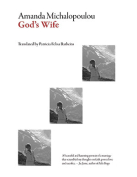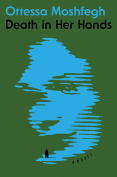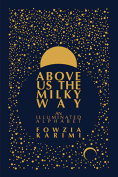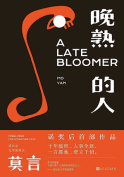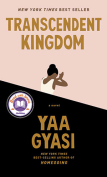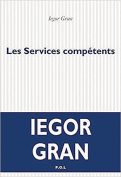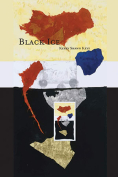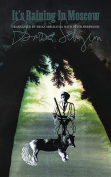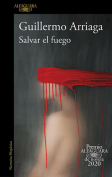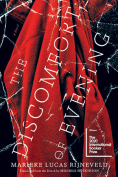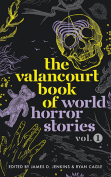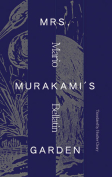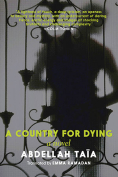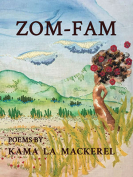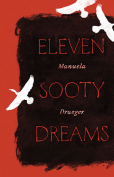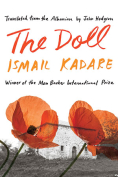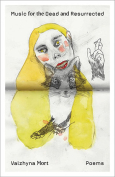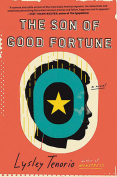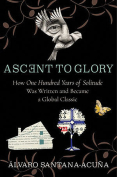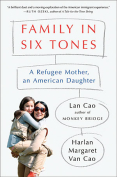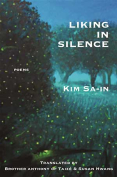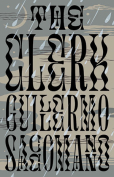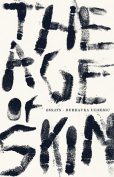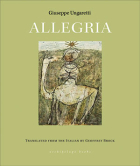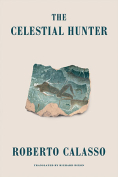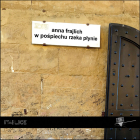ZOM-FAM by Kama La Mackerel
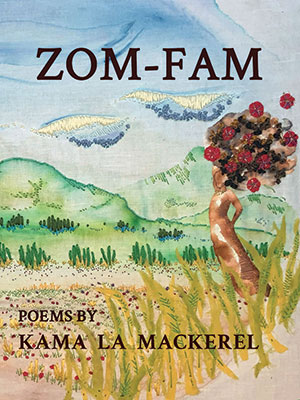 Montreal. Metonymy Press. 2020. 104 pages.
Montreal. Metonymy Press. 2020. 104 pages.
AS THE FIRST POETRY collection by a self-identifying queer/trans Mauritian artist, ZOM-FAM is a milestone in Mauritian literature. Titled “Man-Woman” in Kama La Mackerel’s native creole, the poetry collection explores what it means to craft life and love in the slippery spaces between diasporic, linguistic, and gender identities.
La Mackerel’s poetry draws from an ancestral lineage imbued with both suffering and resilience. Originally from India, La Mackerel’s ancestors came to the island nation of Mauritius as indentured laborers, as part of the British Empire’s plan to continue supplying labor to colonial sugarcane plantations after the abolition of slavery. Working explicitly against “the silence / of history,” La Mackerel begins their collection by “invok[ing]” and “honour[ing]” their powerful female and femme ancestors. These powerful figures will deeply modulate the rest of the collection, be it as the determined child vendor of hot ounnde on the streets of Port-Louis or the bindi-wearing, kurta-clad trans ancestor whom the poet weaves out of their imagination when their mother’s remembrances fall short.
The space of the island itself becomes one such femme story of “smothered flesh” and “dreamlike / landscapes,” haunted by brutal colonialism and assailed by contemporary nepotism. La Mackerel’s poetry deftly draws out the creolized heritage of the region, as the protection of the Hindu deity Durga Mā is invoked alongside that of Lavierz Nwar (the Black Virgin). While the collection’s poems are primarily in English, they have a strong multilingual undertow that hints at the island’s complex linguistic configuration, which includes colonial languages (English and French) and ancestral tongues (Tamil and Sanskrit) as well as native Mauritian creole.
Paradoxically, these languages are vectors of incomprehension: laborer ancestors were doomed to a lifetime of exploitation by signing exploitative contracts they couldn’t understand, while La Mackerel’s father chanted prayers in unknown tongues to save his newborn from mofinn, a Mauritian flavor of “misfortune” (see Arnaud Carpooran, “Mofinn [1],” in Diksioner Morisien: Premie diksioner kreol monoleng, 3rd ed. [University of Mauritius, 2019], 844; for other literary representations of the mofinn in Mauritian literature, see, for example, Ananda Devi’s Pagli [2001]). La Mackerel suggests that real expressions of love and intimacy take other forms. The most powerful encapsulation of this “secret language” comes to us through the poet’s father: unable to express his love in words, he pours it into the twenty-year-long labor of erecting a family house on former servant quarters.
The other side of love, however, is violence: La Mackerel recalls “the bitter burn of his [the father’s] right hand against my child face / whenever he caught me in a dress.” The poet deftly explores queer childhood survival strategies on the tropical island, as they eschew masculine gatherings around alcohol under the jackfruit tree for the wafting aroma of spices and feminine confidences in the kitchen. Ultimately, La Mackerel moves beyond these binaries and rejects the body and official documents that “dictate [their] gender,” instead refashioning the “torn skin & paper” into a “fierce femme armor.”
In this spirit, the last two poems, centered on the poet’s coming out to their mother and father, respectively, powerfully establish La Mackerel’s journey “across oceans” and “across genders” as an empowered continuation of their ancestors’ kala pani crossing (crossing of dark waters). ZOM-FAM is thus ultimately a collection of hope and celebration, one in which the power of the imagination infuses the insular landscape and transforms the violent erasures of colonial history.
Nikhita Obeegadoo
Harvard University

